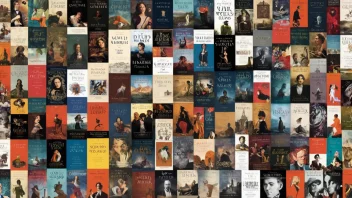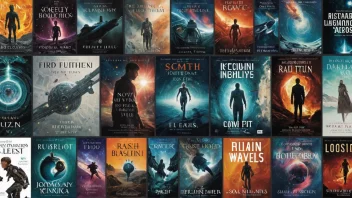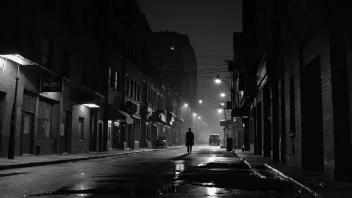Short fiction has long been a cornerstone of the literary landscape, shaping the way readers and writers perceive storytelling. From classic tales to contemporary pieces, short stories have a unique ability to capture profound emotions and ideas in a brief format. This article explores the impact of short fiction on literature, highlighting its significance in various genres and its role in fostering literary innovation.
One of the most notable aspects of short fiction is its versatility. It encompasses a wide array of genres, including horror, romance, science fiction, and literary fiction, allowing writers to experiment with form and content. Authors like Edgar Allan Poe and Ernest Hemingway have used the short story format to convey complex themes with remarkable economy. The brevity of short fiction often demands a focus on precision and clarity, pushing writers to hone their craft and engage their readers quickly.
Moreover, short fiction serves as an accessible entry point for new readers. Many people feel intimidated by lengthy novels, but a short story can provide a complete narrative experience in a fraction of the time. This accessibility has led to a resurgence of interest in short fiction, particularly through platforms like literary magazines and online publications that showcase diverse voices and styles. As a result, readers can explore new authors and genres without the commitment of a full-length novel.
The rise of digital media has also transformed how short fiction is consumed and shared. With the advent of social media, authors can now reach broader audiences, and stories can be disseminated quickly and widely. This democratization of literature has allowed for a greater variety of voices and perspectives to emerge, enriching the literary landscape. For instance, flash fiction and microfiction have gained popularity, challenging traditional notions of storytelling and pushing the boundaries of narrative structure.
Furthermore, short fiction often reflects and responds to contemporary societal issues, making it a vital tool for commentary and critique. Writers can address pressing topics succinctly, encapsulating the essence of a moment or feeling. This responsiveness can engage readers in meaningful conversations about the world around them, as seen in the works of authors like Chimamanda Ngozi Adichie and Alice Munro, who tackle themes of identity, culture, and gender in their stories.
In conclusion, short fiction plays a crucial role in the literary landscape by offering a unique platform for creativity and exploration. Its ability to convey powerful messages in a concise format not only challenges writers to refine their skills but also invites readers to engage with literature in diverse and meaningful ways. As we continue to navigate an ever-changing world, the relevance of short fiction will undoubtedly persist, inspiring future generations to appreciate the art of storytelling.






